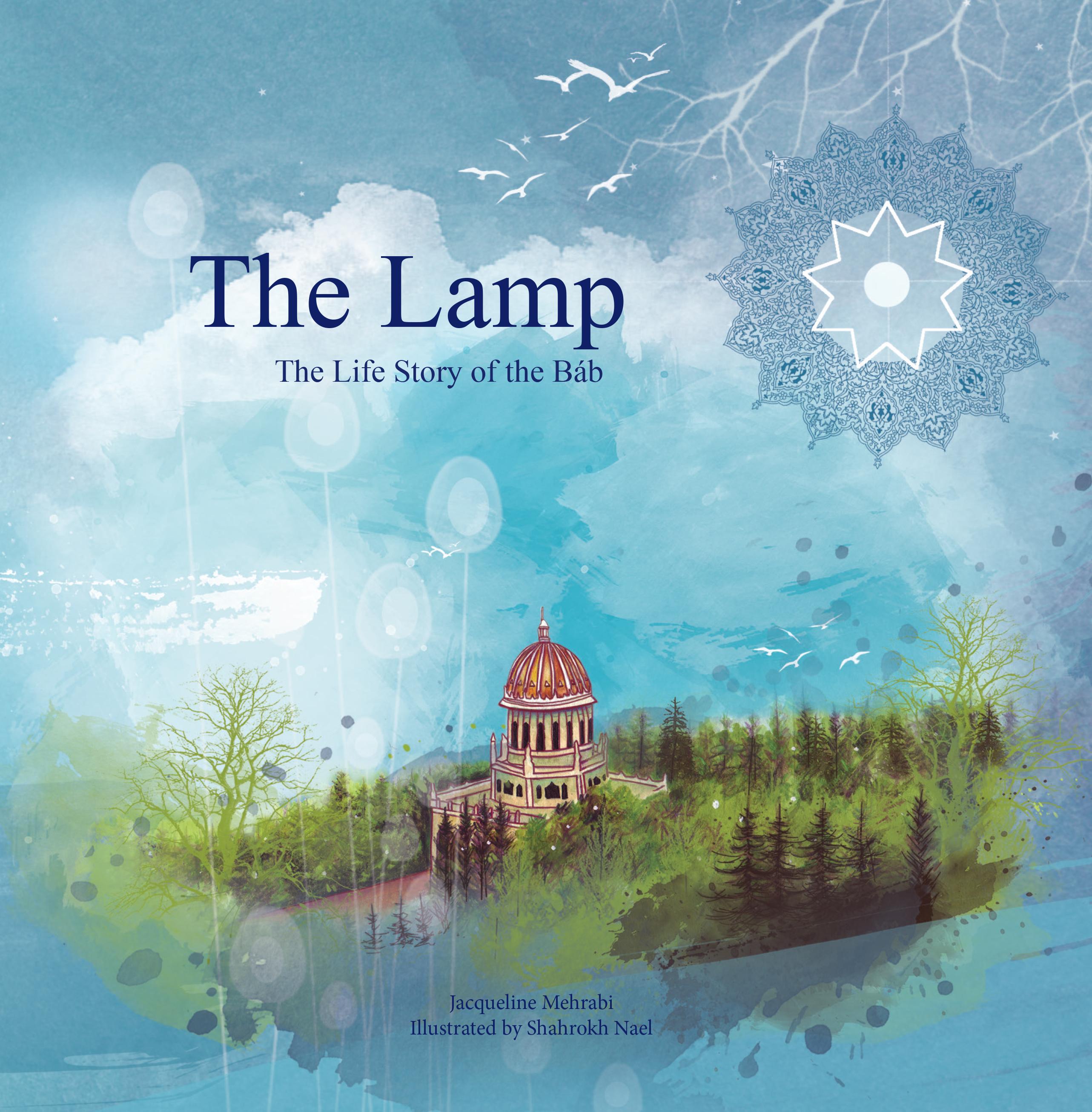
The Lamp
The Life Story of the Báb
2022© Text / Jacqueline Mehrabi
2022 © Illustrations / Shahrokh Nael
All Rights Reserved.
This Special Limited Edition published by Orange Attic Ltd UK
ISBN: 978-0-9568563-1-9
Orange Attic
www.orangeattic.com
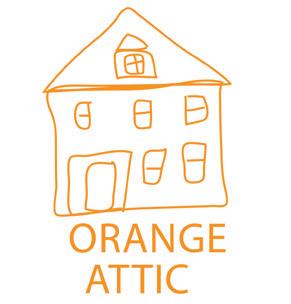


The Lamp
The Life Story of the Báb
2022© Text / Jacqueline Mehrabi
2022 © Illustrations / Shahrokh Nael
All Rights Reserved.
This Special Limited Edition published by Orange Attic Ltd UK
ISBN: 978-0-9568563-1-9
Orange Attic
www.orangeattic.com

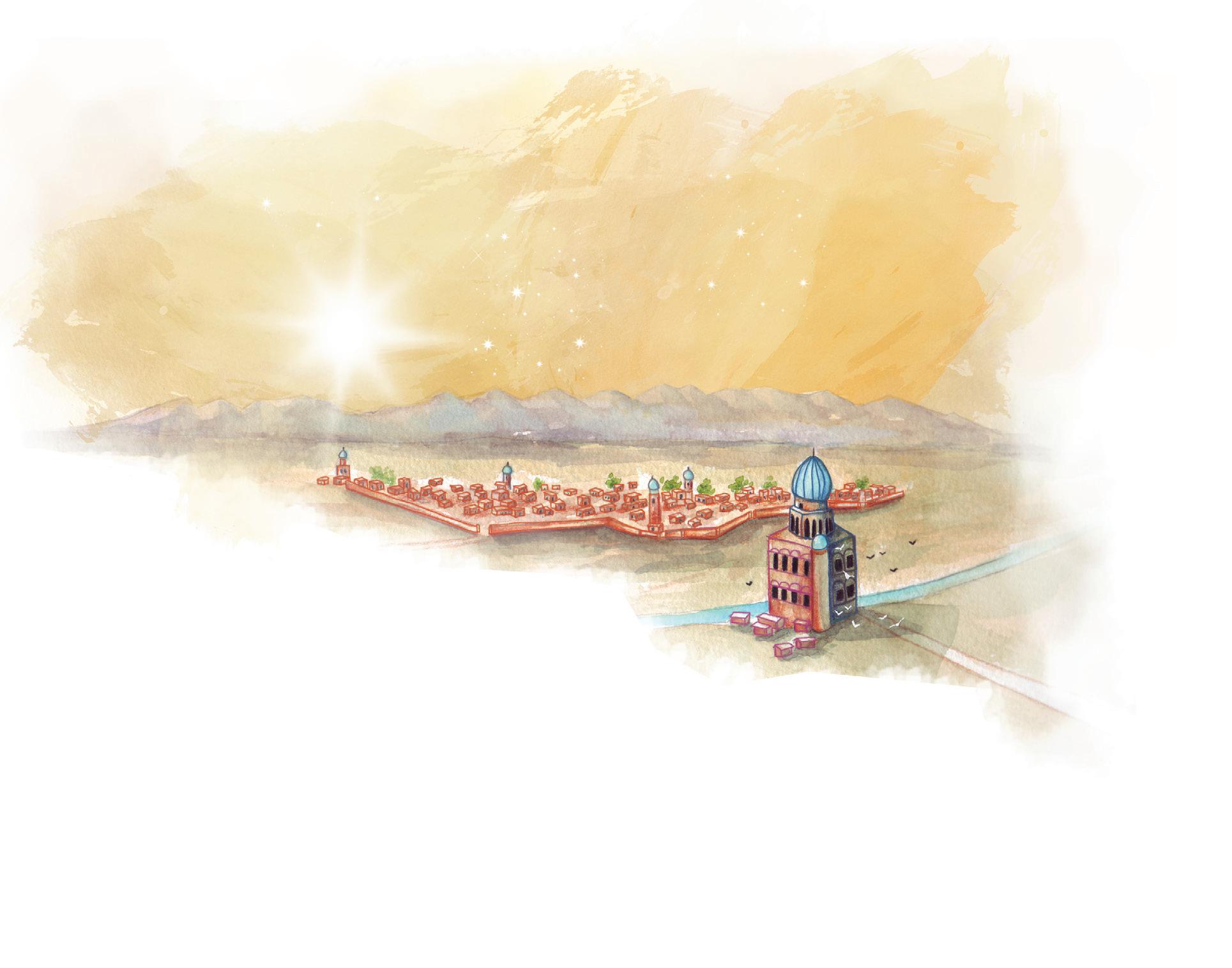 illustrated by Shahrokh Nael
illustrated by Shahrokh Nael
Some
Glossary
Names Dates
Bibliography
End Notes
Not many people had heard of Persia (Irán) in the middle of the nineteenth century. Most were unaware of the drama that was taking place in that far-off land, although some felt a stirring of the soul and wrote beautiful songs about the dawning of a New Day, not knowing where the inspiration had come from.
At the same time as a great material revolution was happening in the West, with scientific discoveries and new inventions changing the lives of millions, in Persia another kind of revolution was happening – a spiritual one, which, in time, would affect the whole planet. It was this that was the cause of the progress suddenly taking place, for a new creative spirit had been released into the world.
The person in the centre of this revolution was a youth Who became known as the Báb. His name means the Gate. His teachings were a Gate leading from the old world to a new one; from the age of prophecy to an age when these prophecies would be fulfilled. He was the link between these two momentous stages in the history of mankind.
The Báb was a Messenger of God in His own right, as well as being the Qá’im (the One Who Will Arise) and the Mihdí (the Guided One) of Islám. He was also the ‘return’, in a spiritual sense, of John the Baptist of the Christian gospels, the ‘return’ of Elijah in the Jewish scriptures, and the Úshídar-Máh (the Morning Star) prophesied by Zoroaster. He had come to prepare the way for mankind to recognize the One known as Bahá’u’lláh, the Glory of God, Whose teachings will establish the Most Great Peace and unite the religions and people of the world.
The former glory of all religions was fading and the spiritual meaning of their prophecies forgotten, and while some of the more enlightened thinkers knew this was a sign for religion to be renewed, religious leaders did not want things to change. It is always those in authority who oppose a new Messenger of God when He appears, and it was the same this time. They were determined to put out the light of the Báb.
Some 20,000 of His followers were killed. A few are mentioned here, but the main focus of this story is the Báb Himself, from His birth in Shíráz in 1819 to His martyrdom in Tabríz in 1850.
‘Relate unto them … the story of `Alí [the Báb], when He came unto them with truth, bearing His glorious and weighty Book, and holding in His hands a testimony and proof from God, and holy and blessed tokens from Him.’ ii Bahá’u’lláh
A small group of boys ran laughing through the narrow streets of Shíráz. They had an hour off school and were pleased to be away from the hot classroom where they had to sit cross-legged on the floor, day after day, practicing calligraphy and reciting the verses of the Qur’án, the holy book of the Prophet Muhammad. The Qur’án was in Arabic, but the boys only spoke Farsí, the language of Persia. They did love the Prophet Muhammad, though, and chanting the holy words gave them a good feeling inside.
One of the other pupils had not turned up for school that morning, so the teacher had asked some of His friends to go to His house to fetch Him. As they left, the teacher could not help smiling as he thought of the absent pupil. The boy was not like other boys. He knew things without being told and was so kind and gentle everybody liked Him. His name was `Alí Muhammad, Whom we know as the Báb, a name meaning the Gate.
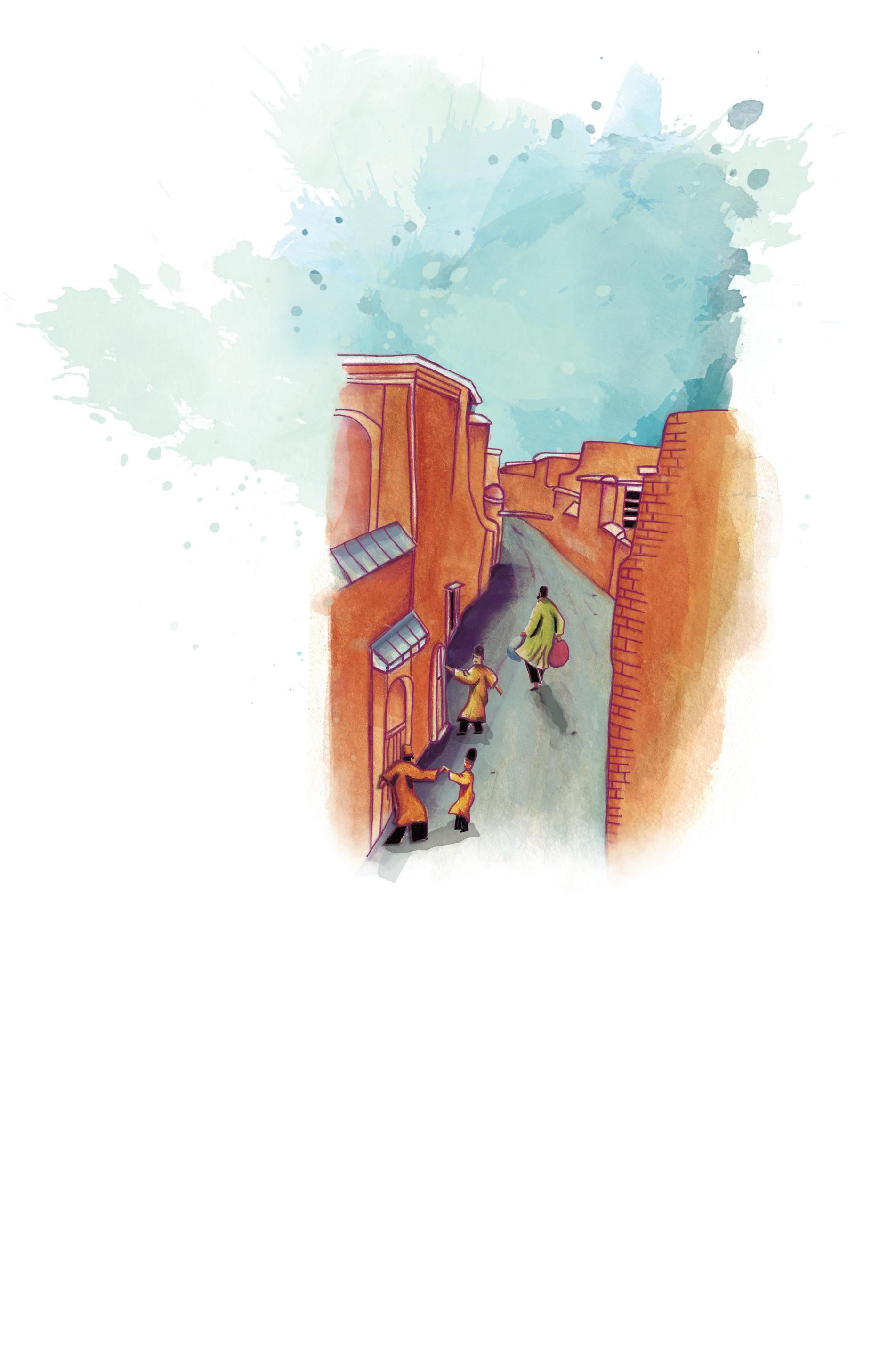
The children became quiet as they came to the small house where the boy lived. One of them knocked at the door. It was soon opened by a servant, who said that their young friend would not be coming to school that day as He was busy praying.
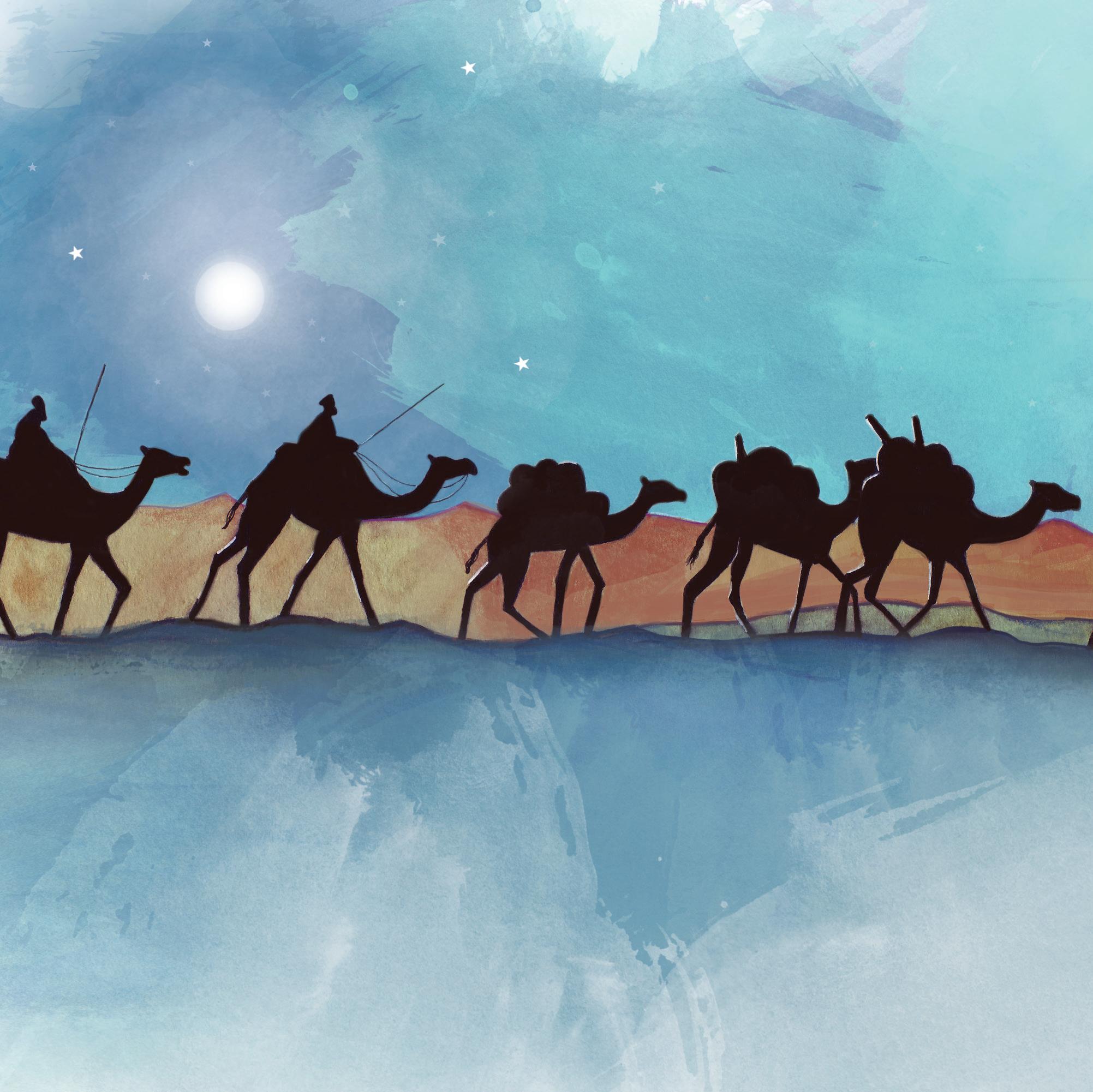
The boys slowly returned to school. When they told their teacher, Shaykh `Ábid, why the Báb was not with them, he said, ‘It is not good for such a young boy to pray so much!’ But he smiled as he said it. He knew there was something very special in the way this pupil of his was always praying to God.
Shaykh `Ábid was a dignified man, tall and with a long beard. He was highly respected and a good teacher. He was very interested in religion and was a follower of Shaykh Ahmad, the most enlightened religious teacher in Persia at that time. Shaykh Ahmad had travelled from town to town telling people about the coming of two Promised Ones from God, saying that the first of these would soon become known and would prepare the way for the second. These new teachings were being spoken about everywhere. As Shaykh `Ábid listened to his pupils reciting the verses of the Qur’án, he remembered the first day the Báb had come to school...
He was five years old and a beautiful child with large, calm eyes, and He was very polite. He sat quietly between two of the bigger boys, a small copy of the Qur’án in front of Him.
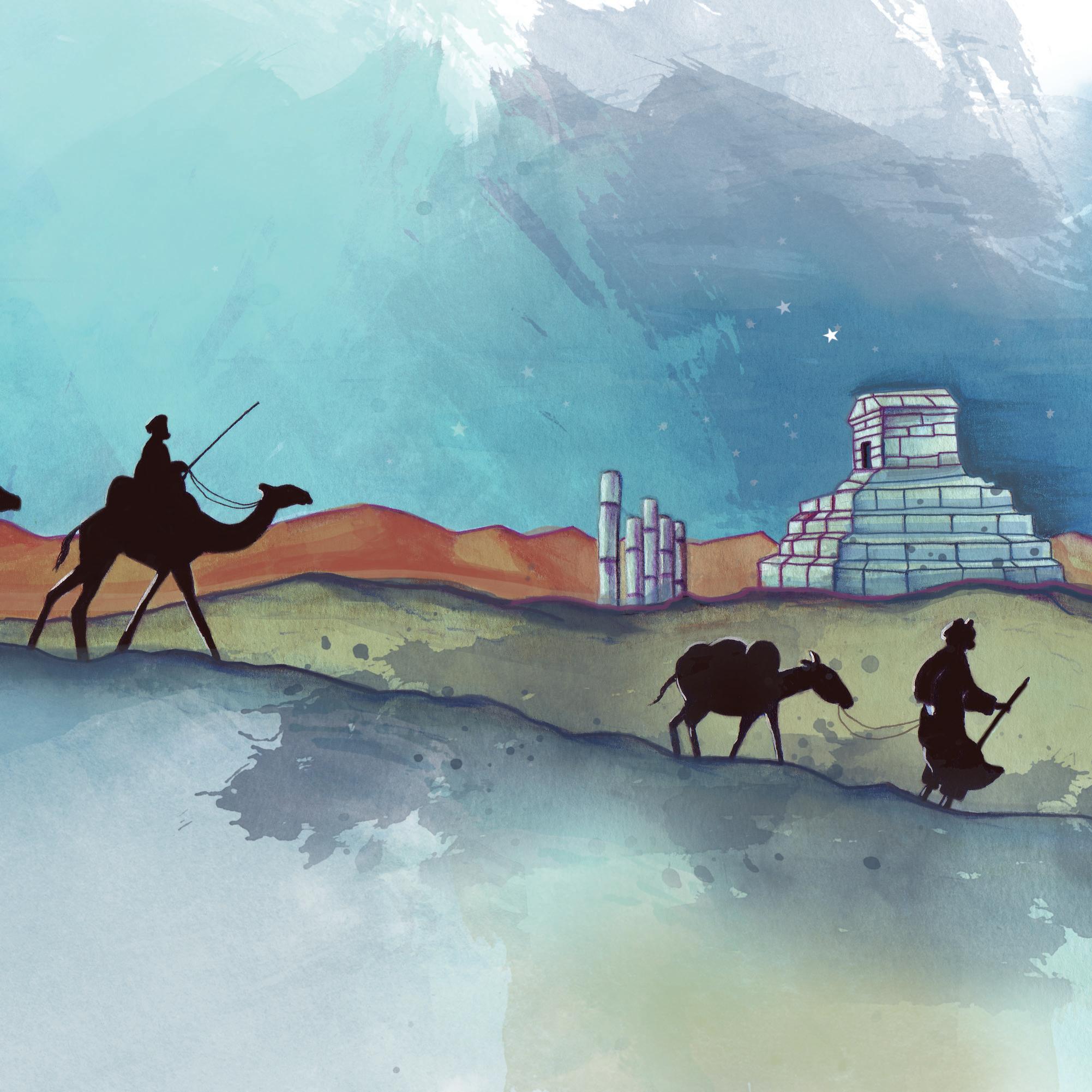
One day Shaykh `Ábid asked Him to recite the opening words, Bismi’llahír-Rahmánír-Rahím, ‘In the Name of God, the Compassionate, the Merciful’. The Báb hesitated, asking to be told the inner meaning of the words before He said them.
‘You are a child,’ the teacher said, looking kindly at the bright and innocent face in front of him. ‘It is not time for this kind of question!’
‘I do not want to say a word if I do not know its meaning,’ the Báb gently explained.
Shaykh `Ábid pretended not to know, feeling sure that such a young child would not understand even if he did try to explain. He thought that would be the end of the matter, but to his surprise the Báb said:
‘I know what these words really mean. With your permission, I will explain them.’
And the Báb gave such a deep explanation of the words ‘God’, ‘Merciful’ and ‘Compassionate’ that His teacher was astonished.
Shaykh `Ábid was shaken by the depth of the Báb’s knowledge and the explanation He had given, for it was different from anything he had ever heard before. He felt completely unworthy to teach such a remarkable child and decided to take Him to His uncle Siyyid `Alí, who had an office nearby. Siyyid `Alí and Shaykh `Ábid were friends and the uncle had always taken a keen interest in the education of his nephew.
Siyyid `Alí was alone in his office when the teacher arrived with the Báb.
‘I have brought Him back to you and give Him into your care and protection,’ Shaykh `Ábid told him. ‘He is not to be treated as a mere child. In Him I can already see signs of that mysterious power which only the Promised One can reveal. Surround Him with your loving care. Keep Him at home, for He is in no need of teachers such as I.’
Siyyid `Alí looked sternly at the Báb. Although he loved Him like his own son, at that time he did not understand the spiritual greatness within the child.
‘Have you forgotten my instructions?’ he said. ‘Have I not already told you to follow the example of your fellow pupils, to be silent and listen to your teacher?’
The Báb promised faithfully to do as His uncle said and was taken back to school.
But although He tried very hard to obey His uncle in every way, He was different from the other boys. His knowledge did not come from reading books or listening to the talk of adults. It came from God.
The Báb was born in Shíráz on 20 October 1819 in the house owned by His uncle Siyyid `Alí. Several members of the extended family lived there, and this is where the Báb spent the first few years of His childhood.
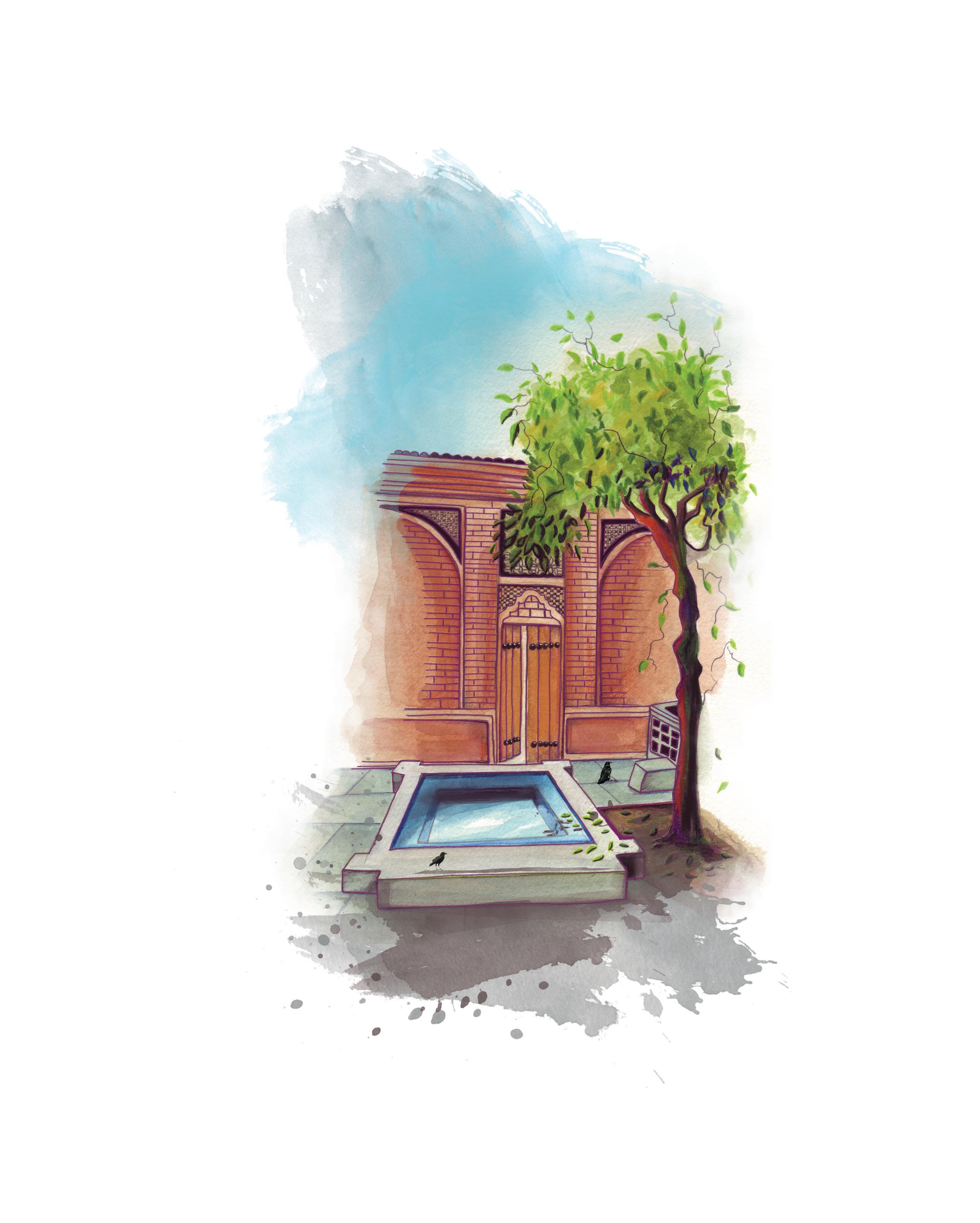
He then moved with His family to the house next door, which had a small courtyard with a pool in the centre and a well of fresh, sweet water in the corner. Later, an orange tree was planted there. The garden was surrounded by high walls and was very peaceful.
The Báb’s father was a cloth-merchant and he worked hard to provide for his wife and child. But, sadly, he died when the Báb was very young.
His uncle Siyyid `Alí had always helped to look after the family, and now he took both the Báb and the Báb’s mother under his complete care and protection. The Báb’s mother was his sister and he had always had a special affection for his small nephew. Siyyid `Alí did not have any children of his own, which saddened him greatly. His only child, a little boy called Javád, had died when he was a baby.
The Báb did not have any brothers or sisters, but when He was young He played with His cousins who lived next door, including a little girl called Khadíjih Bagum. As He grew older He still sometimes joined in their games, but he began to spend more of His time praying and thinking about God.
When the Báb was nine, His uncle took Him on an outing to visit a holy shrine high up in the mountains. They set off just after dawn with some of His uncle’s friends, and by the time they arrived late in the afternoon everyone was exhausted. After having something to eat and saying their evening prayers they all went to bed early.
Around midnight the Báb’s uncle woke up and looked across to where his nephew should have been sleeping. The bed was empty. Siyyid `Alí searched the area around the camp but could not find the Báb anywhere. Fear gripped his heart and he thought the Báb must have fallen off the mountain.
Just as he was giving up all hope he heard the voice of a child chanting prayers lower down the mountain, and by the light of the moon he saw the small figure of the Báb, standing alone on the deserted mountainside, pouring out His heart in praise of God. ***
The Báb spent a great deal of His time praying and it often made Him late for school. He would apologise to His teacher and explain:
‘I was in my Grandfather’s House.’
His teacher knew what He meant. By ‘Grandfather’ the Báb did not mean the father of one of His parents; He meant the Prophet Muhammad Who had lived twelve hundred years before and was His Great-Grandfather many times over. By ‘my Grandfather’s House’ He meant the mosque where He often went to pray.
And He always forgot what time it was when He was praying.
End of this sample.
To learn more or to purchase this book, Please visit Bahaibookstore.com or your favorite bookseller.